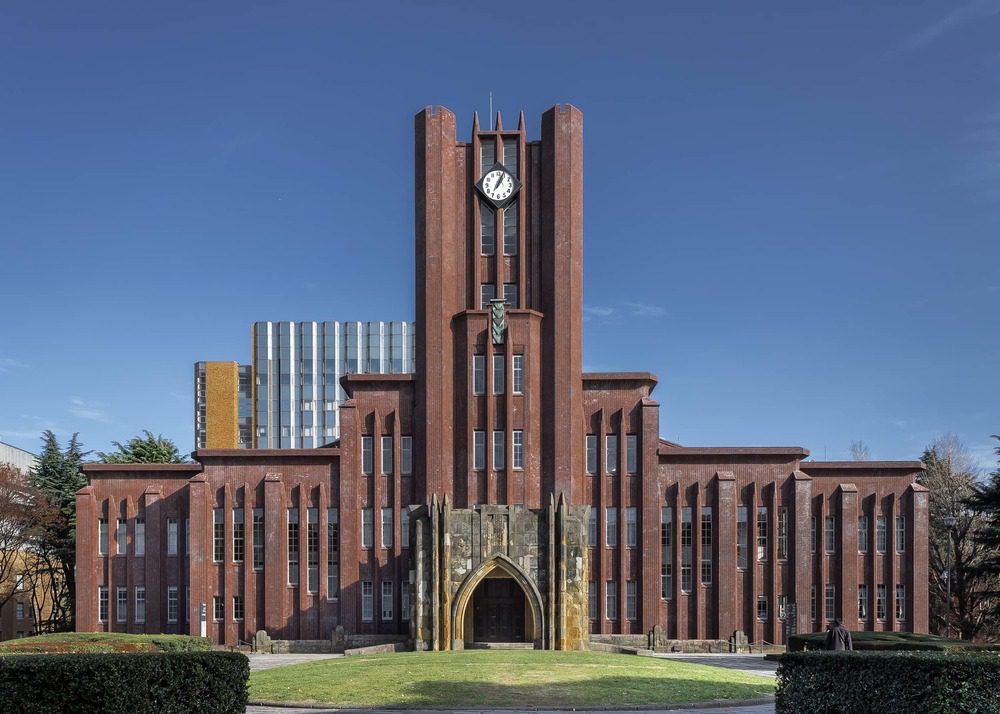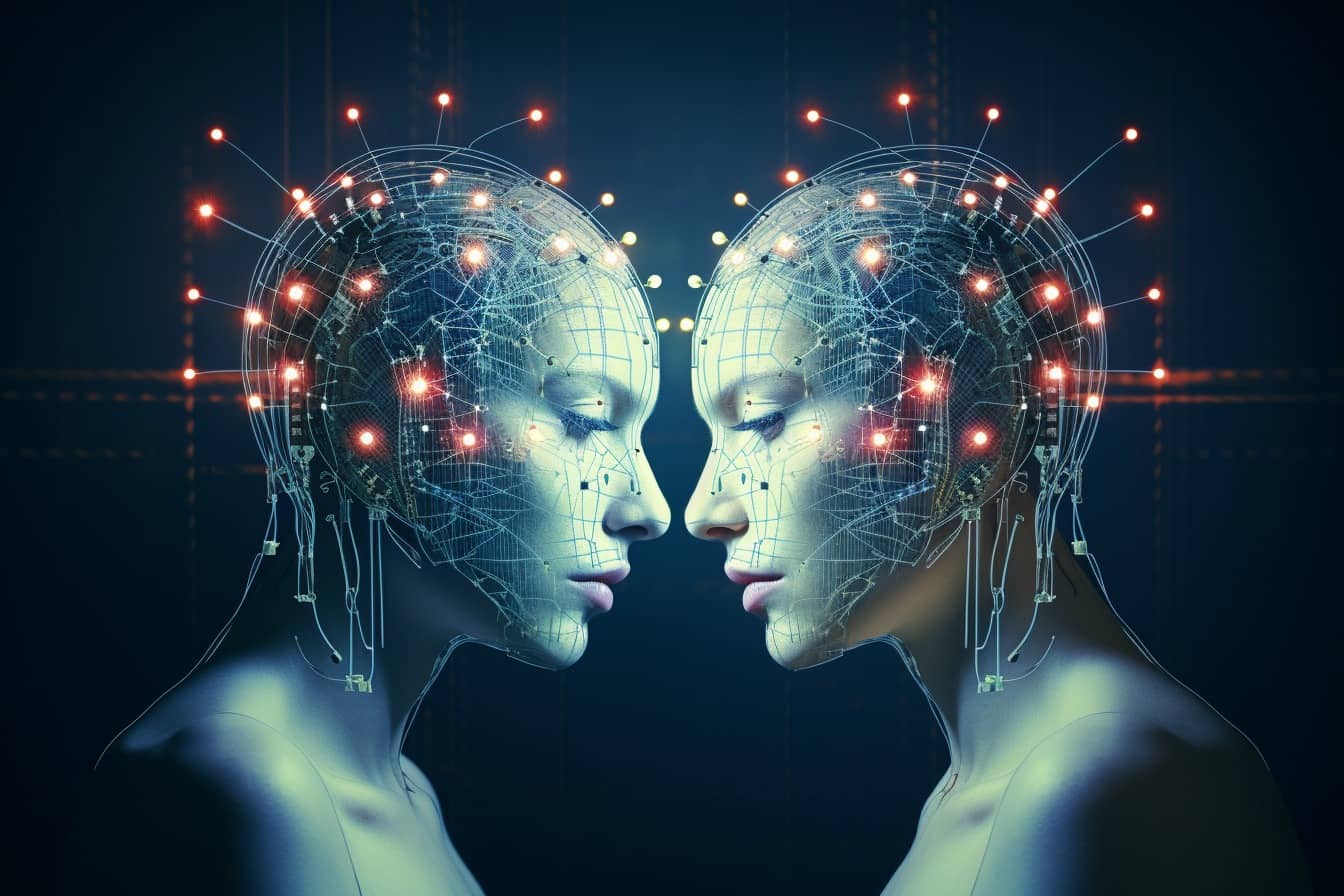The truth, often elusive and ambiguous, now has a new ally after the glittering polygraph: artificial intelligence. At the Tokyo University of Science, a team of researchers has developed a machine learning model that promises to reveal deceptions through subtle variations in facial expressions and heartbeats. A new lie detector.
The study, published in Artificial Life and Robotics (I link it here) could revolutionize the way we approach the question of truthfulness in human interactions.
The evolution of the polygraph
For decades, the polygraph has been a key tool in attempting to discern truth from lies. But like any tool, even the "good old" lie detector has its limits. This is where the study from the Tokyo University of Science comes in. It pushes the boundaries of technology forward (perhaps too much) by combining the analysis of facial expressions with heartbeat monitoring, all thanks to artificial intelligence.
Facial expressions have always been considered a window to the soul. But decoding them is not always simple: small, almost imperceptible movements can reveal a world of emotions and intentions. AI, with its ability to analyze thousands of data points in fractions of a second, can recognize these subtle clues with an accuracy that is beyond human capabilities.

The heartbeat: the 'real' lie detector
In addition to facial expressions, heart rate offers another tool for probing a person's truthfulness. When we lie, our body reacts in subtle ways. Adrenaline can increase, as can our heart rate. This new machine learning model not only observes, but listen our hearts, looking for discrepancies that might indicate a lie.
The accuracy and F1 score for each subject varies 75% to 80%, with the maximum accuracy around 87%.
With the advent of this technology, we may face a future where lying becomes increasingly difficult. Obviously this has very serious implications. The ethical question of privacy and consent will be at the center of the debate. The issue is not to create a more transparent and honest world, but to prevent it from becoming a totalitarian nightmare.
Lies, lies, everywhere
I ask myself and I ask you a perhaps rhetorical, but compelling question: do we really want a world in which every little lie is revealed? There is too thin a thread that separates truth and social stability. So subtle that many do not see it, or "magnify" it ideologically.
As often happens, the truth lies in the middle, and once the Genie has been "unleashed", there is no way to get him back into the lamp. Even those who hope for a hyper-transparent world must be very careful about what they wish for.


